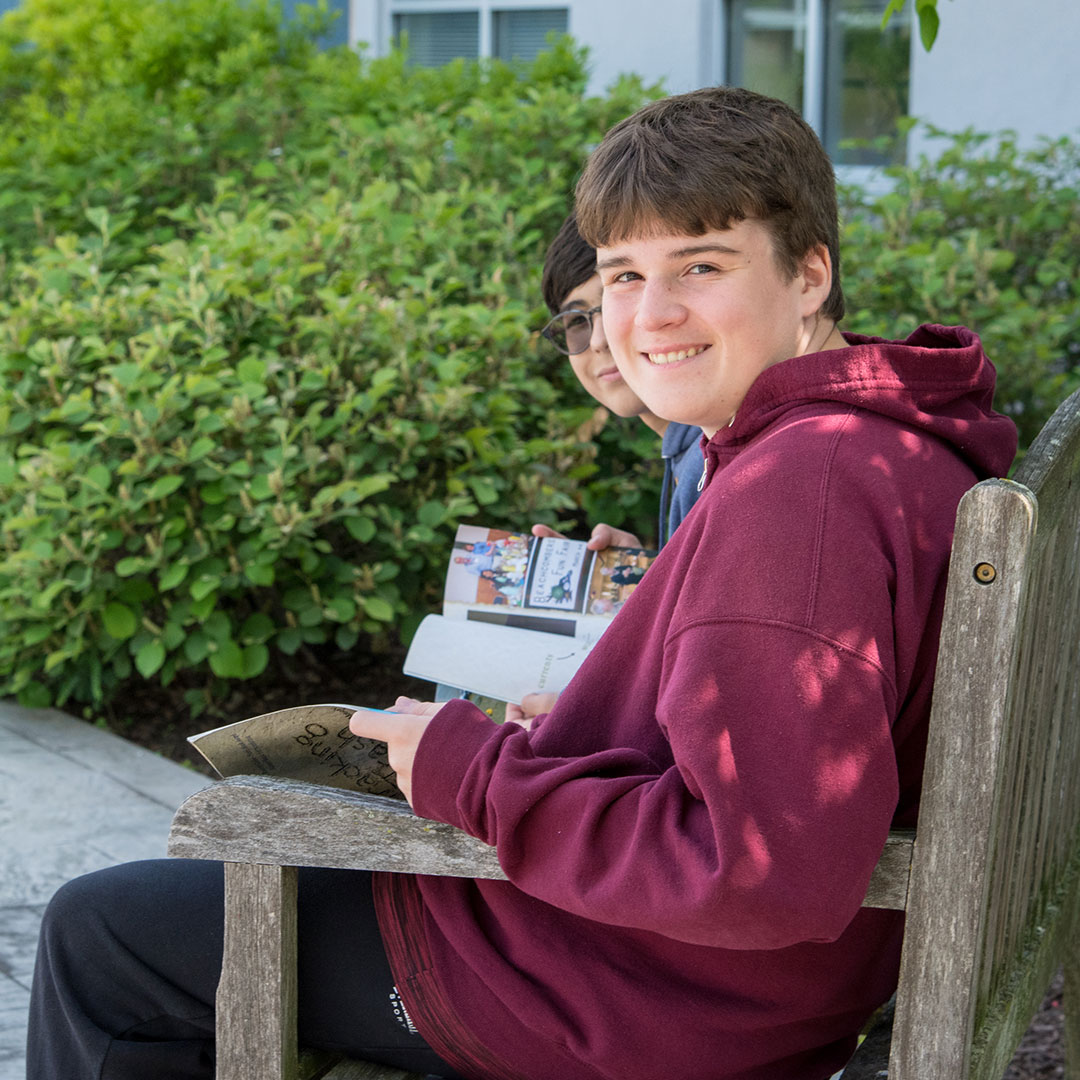
Long, homework-free days and extra sunshine can be a welcome change of pace. For students with learning differences, though, weeks of wide-open time over the summer school break can sometimes feel unstructured or overwhelming. If your neurodiverse child has Attention Deficit Hyperactivity Disorder (ADHD), Dyslexia, Autism Spectrum Disorder (ASD), or another executive function or learning difference, these summer success strategies could help him or her thrive in the months ahead.
As summer ends and school begins, your child may struggle if learning activities haven’t been practiced each day throughout their summer break. A little daily practice now makes the transition back to school smoother and more confident. To help minimize frustration for you and your child, and to support students with learning differences between their academic school years, The Janus School shares tips to set everyone up for success this summer.
Love the Schedule
While relief from homework and that pesky morning alarm can be freeing, letting the structured school year schedule disappear can make the days feel chaotic. During summer vacation, The Janus School recommends keeping to a set schedule each day (including elements like a standard wake-up time, meals at the same time, and activities or downtime scheduled consistently) to help your neurodiverse child feel grounded and relieve stress. Having a routine, including a consistent sleep schedule, can help keep emotions positive, improve organization, and ease the transition back to school, reducing meltdowns and making the process easier on the whole family. Planning activities on particular days of the week, such as visiting the park on Mondays or working on crafts on Tuesdays, can provide fun and structure to summer downtime.
Set a Goal (or Two)
Goals add a sense of purpose and keep momentum going, even on laid-back days. The unstructured nature of days without working toward anything specific can mean your child may lose focus or have trouble getting back into the routine of things when school starts. To combat this, set a few summer goals such as:
• Read Together: Think about finishing a book series together, re-watching a movie franchise, picking every fresh fruit available in the area or another activity you can work toward as a family.
• Build Habits and Skills: Practice core behaviors, such as putting shoes in the same place every day or being patient and not interrupting.
• Play with Language and Learning: Create small goals that add fun to your day, like setting a goal to see how many adjectives you can use to describe dinner each day.
Celebrate milestones with plenty of high-fives, verbal praise, or even a simple reward chart so your child can watch their progress grow.
Practice Social Skills
Many neurodivergent learners benefit from explicit practice reading social cues. Play a quick “What’s really happening?” game, and practice “reading-between-the-lines thoughts” to help them strengthen their interaction skills. For example, ask them why someone did something, or how they plan to accomplish something. Keep questioning and watch them learn as they practice.
Prepare for Transitions
Most kids, neurodiverse or not, find transitions tricky sometimes. Keep this in mind when communicating with your child about their new summer schedule. Talk with them about how their day will look and what they will need to do to prepare for specific activities. Explain why things will happen when they will, especially if time is tight or something will be out of the ordinary, such as, “Mrs. Smith will be watching you this afternoon while I am at the doctor with your sister.” If you’re consistently proactive, it will make the whole summer go more smoothly.
Stay Active Together
There are so many opportunities to enjoy summer as a family while continuing to help your child develop their learning abilities. Here are a few ideas for keeping brains and bodies active this summer.
• Practice language skills by writing letters to friends and family.
• Host your own family lip sync, karaoke night or just blast your child’s favorite tunes in the car and sing along (and enjoy some vocabulary-building fun at the same time). Bonus: developing rhythm supports reading fluency!
• Check out an audiobook from the library to practice important listening skills (also a great companion on long summer car trips).
• Cook a recipe together to help your child practice essential reading and direction-following skills.
• Have your child build a backyard obstacle course and see how fast they can run through it. This inspires creativity and gets them moving.
Interested in Learning More? Reach Out.
Summer can be the best combination of freedom and fun, a perfect time to weave purposeful play into every day and help your neurodiverse child learn and grow. With a little more research, many families will also find local summer programs for students with learning disabilities to engage in these strategies for summer success. If you’re seeking fresh ideas or exploring private schools for students with learning differences, we invite you to get in touch with us today!
The Janus School, located in Mount Joy, PA, empowers neurodiverse students with learning differences –including language- or math-based learning disabilities, ADHD, autism spectrum disorder (ASD), executive function difficulties (EFD), nonverbal learning disorder, and auditory processing disorder – to become confident, lifelong learners and problem solvers. We proudly welcome families from Dauphin, York, Lebanon, Lancaster, Berks, and Cumberland counties and beyond. Contact us to discover how our individualized approach can set your child up for academic and personal success – this summer and every season.